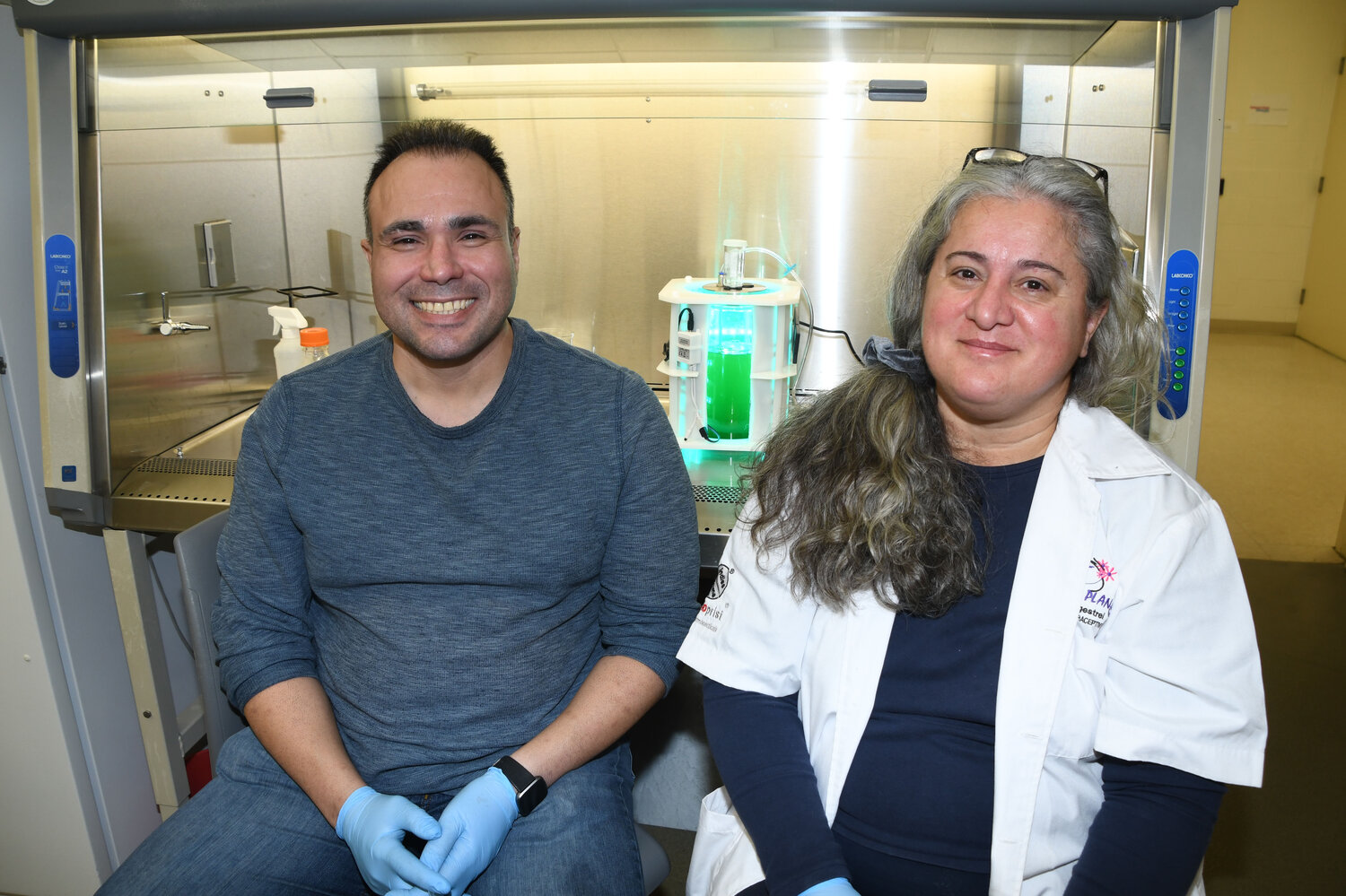Delaware State University researchers receive $300,000 USDA grant
DOVER — The U.S. Department of Agriculture awarded two Delaware State University researchers a three-year just under $300,000 grant for a project that could leverage the properties of …

You must be a member to read this story.
Join our family of readers for as little as $5 per month and support local, unbiased journalism.
Already a member? Log in to continue. Otherwise, follow the link below to join.
Please log in to continue |
Delaware State University researchers receive $300,000 USDA grant
DOVER — The U.S. Department of Agriculture awarded two Delaware State University researchers a three-year just under $300,000 grant for a project that could leverage the properties of microalgae toward energy and cancer treatment purposes.
The research is being led by Dr. Ali Parsaeimehr, principal investigator and Delaware State University postdoctoral researcher, and Dr. Gulnihal Ozbay, co-principal investigator and professor of natural resources and associate dean of cooperative extension.
The technical title of the project is “A Multiple-Stage Cost Effective Smart Farming of Engineered Microalgae for Simultaneous Production of High-Value Molecules and Bioenergy.”
The research involves 1). Converting microalgae into bio-energy/biofuels, and 2.) Using microalgae to develop a more cost effective alternative for the production of taxol, an anti-cancer pharmaceutical.
“We are working to produce a bio-energy source and to express and isolate high value compounds for the pharmaceutical industry to produce taxol,” Dr. Parsaeimehr said.
He added that using microalgae to produce taxol “would reduce the cost and it would grow more bio-mass – meaning we could grow more of it in a shorter amount of time.”
Dr. Ozbay noted that the project provides students with great research experience.
“This project provides opportunities for both undergraduate and graduate students to involve in innovative research that has strong molecular and technical requirements students can develop their skills on,” Dr. Ozbay said. “These type of experiences and training will make our students more competitive for job market.”






